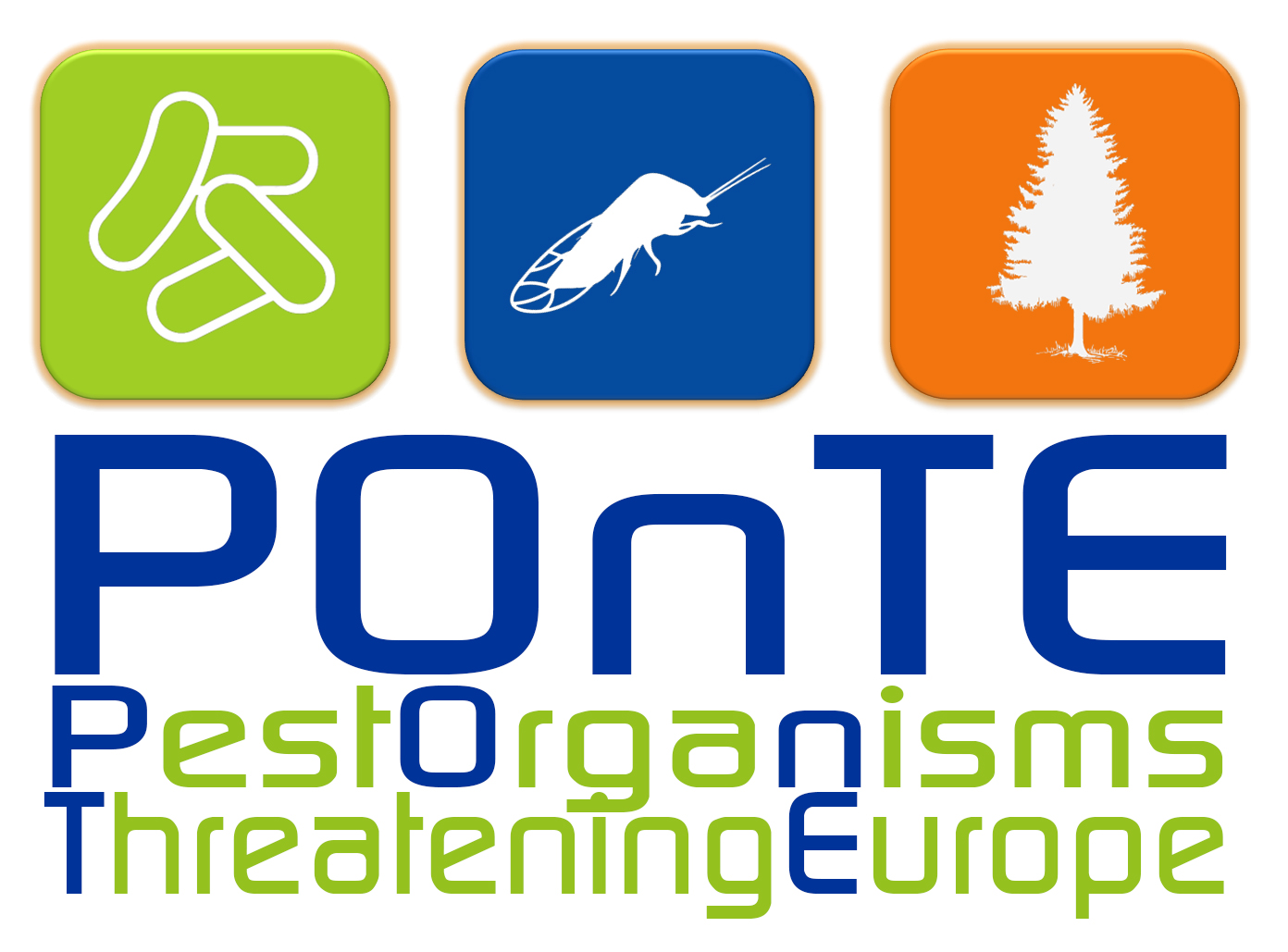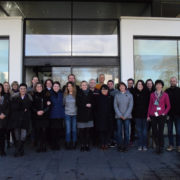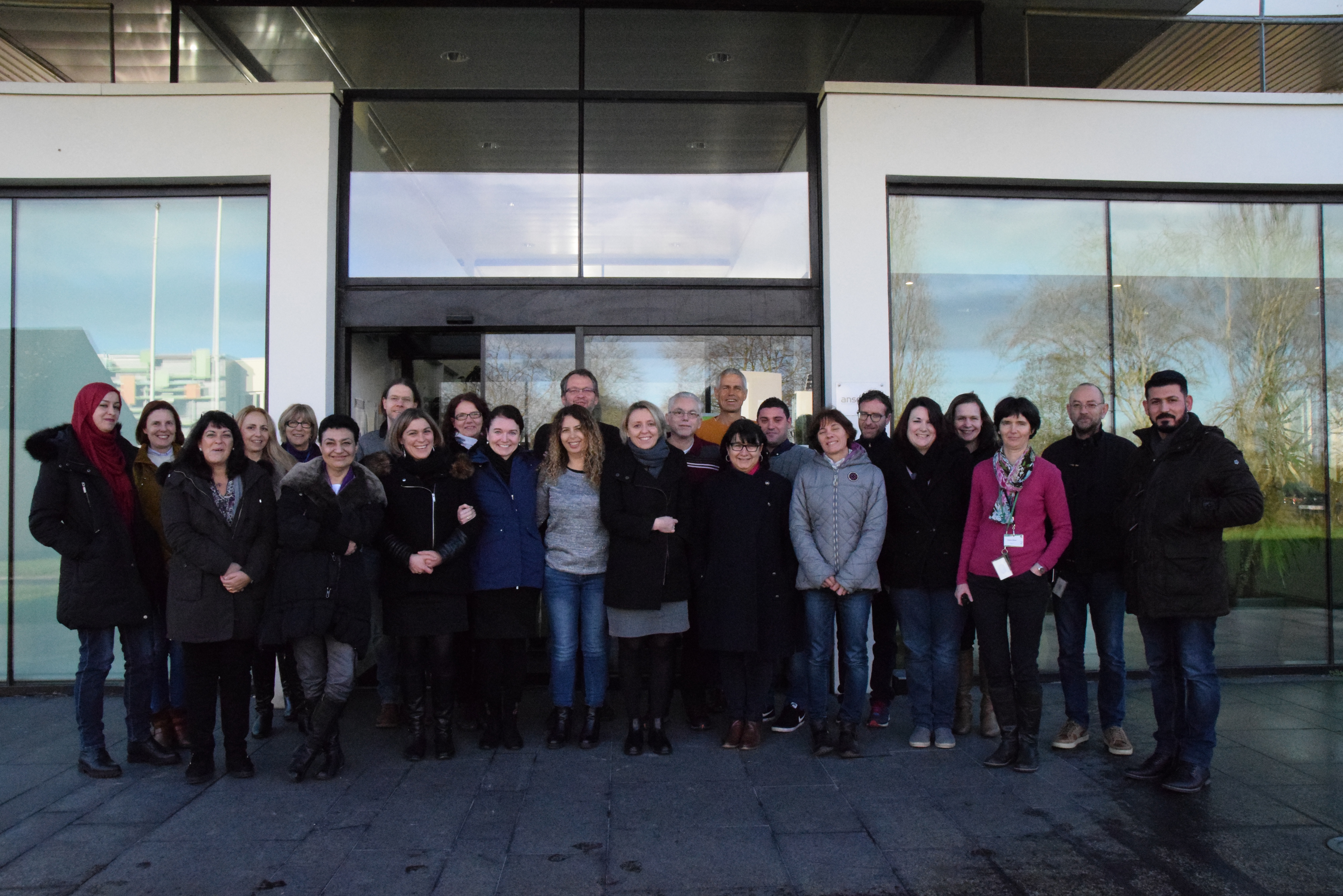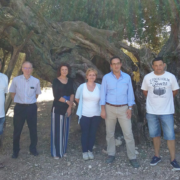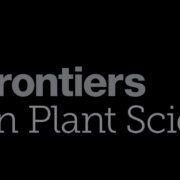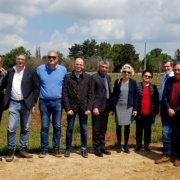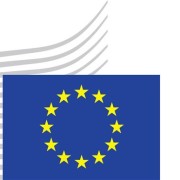Achievements of the successful training workshop on detection and identification of Xylella fastidiosa held in Angers
A training workshop on “Detection and identification of Xylella fastidiosa in plants and insects”, organized within the framework of the POnTE project, was held in Angers, France, from 16 to 19 January 2018.
The training event hosted 15 international participants for a 4-day laboratory session program.
With the objective of building capacity for the early detection of Xylella fastidiosa worldwide, the 15 participants, experienced phytosanitary laboratory operators from the EU (the Czech Republic, Estonia, Germany, Greece, The Netherlands, Portugal, Malta, Slovenia, Spain) and 3 representatives of non-EU countries (Israel, Iraq, Algeria), of whom two are PhD students currently working in Italian laboratories, were trained to:
- prepare plant samples for the most efficient detection and isolation of Xylella fastidiosa and insect vectors;
- apply the diagnosis and detection methods: isolation, real time PCR, and immunofluorescence;
- perform the strain identification by multilocus sequence analysis/ multilocus sequence typing (MLSA/MLST) with nucleotide sequence analysis;
- overcome technical limitations of sample preparation, detection and identification methods, and
- approach strengths and weaknesses of the methods through the validation process.
The participants were tutored in the laboratory by a team of 6 experienced tutors belonging to the scientific organizer, Bacteriology, virology and GMO unit – Plant health laboratory – ANSES.
Scientific information materials, consisting of a comprehensive manual of laboratory protocols, were prepared under the coordination of Valérie Olivier, Head of bacteriology team – ANSES and Carène Rivoal, her deputy.
On the opening day, Françoise Poliakoff, Head of Bacteriology, virology and GMO unit – ANSES, and WP4 leader of the POnTE Project, presented the ANSES organization and introduced the current Xylella fastidiosa situation in France, then Valérie Olivier presented the slides provided by Dr Maria Saponari (CNR-IPSP) about the spread of Xylella fastidiosa in Italy. Other participants were given the opportunity to present the situation in their country: for Spain, Javier Peñalver Navarro (IVIA), for Germany, D. Robert Cernusko (Landesamt für Landwirtschaft).
Finally, Françoise Petter, scientific director of EPPO, presented the revised EPPO protocol of Xylella fastidiosa submitted to country consultation followed by Valérie Olivier (Anses), who described the whole laboratory session program.
The expert Bruno Legendre assisted by Virginie Juteau led the session on Xylella fastidiosa, sample preparation for plants and insects, isolation and cultivation of strains; Valérie Olivier and Christèle Dousset conducted the demonstrations on DNA extraction methods and real-time PCR; Sandrine Paillard and Dr Amandine Cunty led the session on molecular methods and sequence analysis for identification of the sub-species.
On the last day, the NGS technique was presented during the oral session by Dr. Pascal Gentit (ANSES) and Marianne Loiseau (ANSES) addressed the participant questions on Candidatus Liberibacter solanacearum.
A Skype dedicated session with Françoise Peter, scientific director of EPPO, enabled the 15 participants to raise questions, make proposals and exchange information on the ongoing revised Xylella fastidiosa protocol PM 7/24.
The closing laboratory session and discussion of the results were conducted by Françoise Poliakoff and Valérie Olivier. Participant questions were effectively addressed by all the tutors.
The participant logistics, meals, and general coordination of the workshop were managed by Valérie Olivier assisted by Sylvie Baumont, Stéphanie Moreau and Philippe Massi (Anses) and were funded by EPPO and the POnTE Project.
